Have you ever run your fingers through your hair, only for white particles to fall off from your scalp? If yes, then you probably have dandruff. Approximately 50% of people experience dandruff sometime in their lives, according to the Better Health Channel. While most of us have an idea of what dandruff is, you probably didn’t know that there are different kinds, which have different causes.
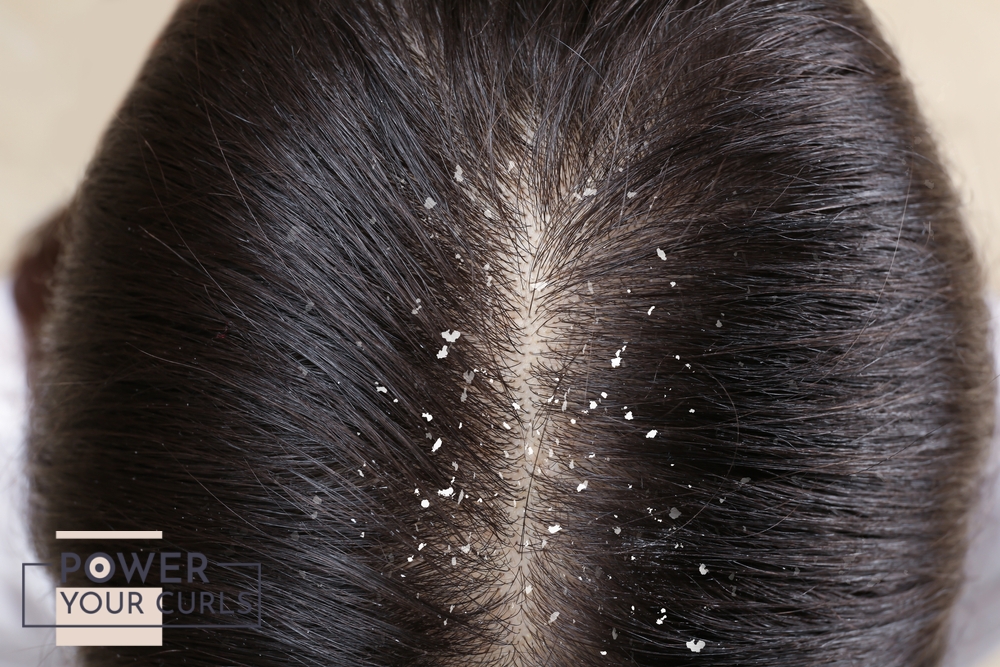
What Is Dandruff?
Dandruff is a common condition characterized by flaky scalp skin. Considered a mild type of Seborrheic Dermatitis, an accumulation of skin cells that turn into flakes and cause an itchy scalp defines it. These tiny, white or yellowish-colored flakes are dead skin cells from the scalp that fall off when the scalp produces too much sebum. Although it can be stressful and difficult to manage, dandruff is treatable with mild and medicated shampoos.
What Causes Dandruff?
There are various reasons for dandruff. It can be difficult to identify the exact reason for your flaky, itchy scalp because there are numerous factors that can lead to the development of dandruff.
Malassezia Globosa
Malassezia is a genus of fungi that live on human and animal skin, causing various skin conditions. Dandruff is caused by Malassezia globosa, which feeds on sebum, the natural oils on the scalp, breaking it into by-products like oleic acid, which triggers dandruff.
Irritation
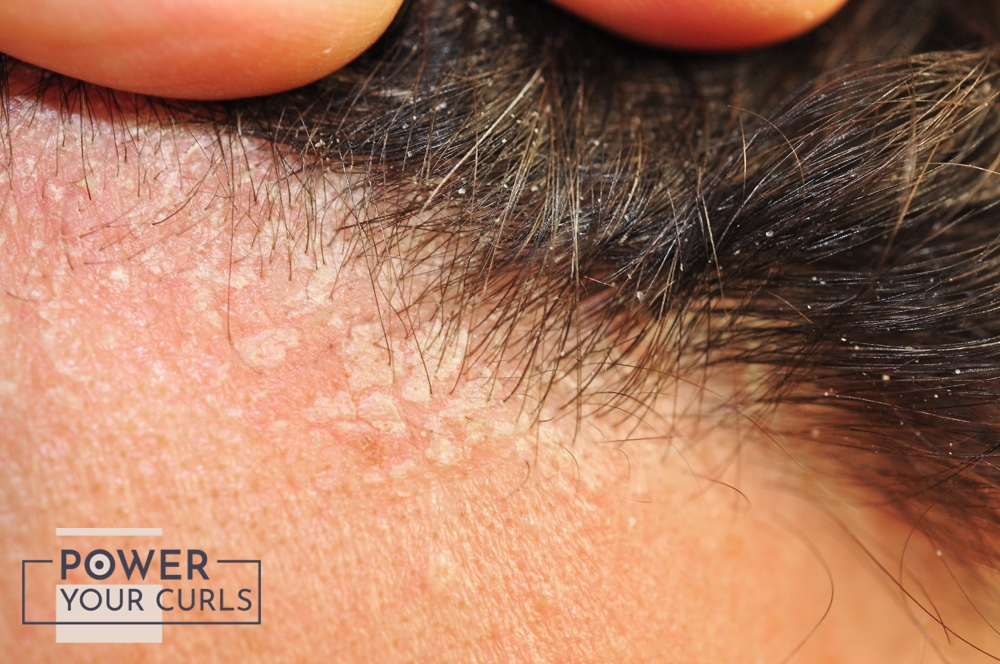
Certain chemicals in hair care products can irritate the scalp, leading to increased skin cell production to repair the damage, potentially causing dandruff.
Medical Conditions
Skin conditions like seborrheic dermatitis, eczema, scalp ringworm, and psoriasis can cause dandruff and redness in the scalp. These conditions can also affect other areas of the body with oil glands.
The Symptoms of Dandruff
Irritation is the most common sign of dandruff, a condition that usually affects the scalp but can also affect other areas of the body, like behind the ears, the skin underneath facial hair, groin, armpits, and eyebrows.
- Itchiness
- Redness
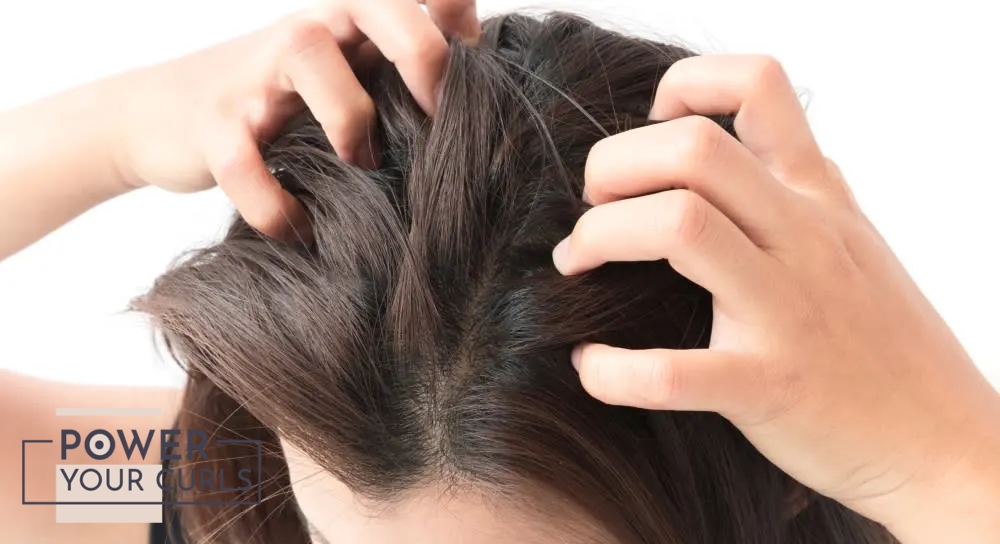
- Dry scalp
- Flakiness
The Types of Dandruff
Dandruff is a condition that comes in multiple types, each with its own root cause. Some can be treated with hair care products or home treatments, while others may necessitate prescription medications. Identifying the type of dandruff you have is important for successful treatment.
Dry skin dandruff
Dry skin dandruff is a common issue, particularly during winter when cold weather and indoor heating can dry out the scalp. Frequent showering with hot water can also cause it. Dry skin dandruff can cause irritation and shedding skin cells with small, white flakes that may feel itchy. If the itchiness becomes severe, it may indicate a more serious skin condition that requires medical attention.
Oily skin dandruff
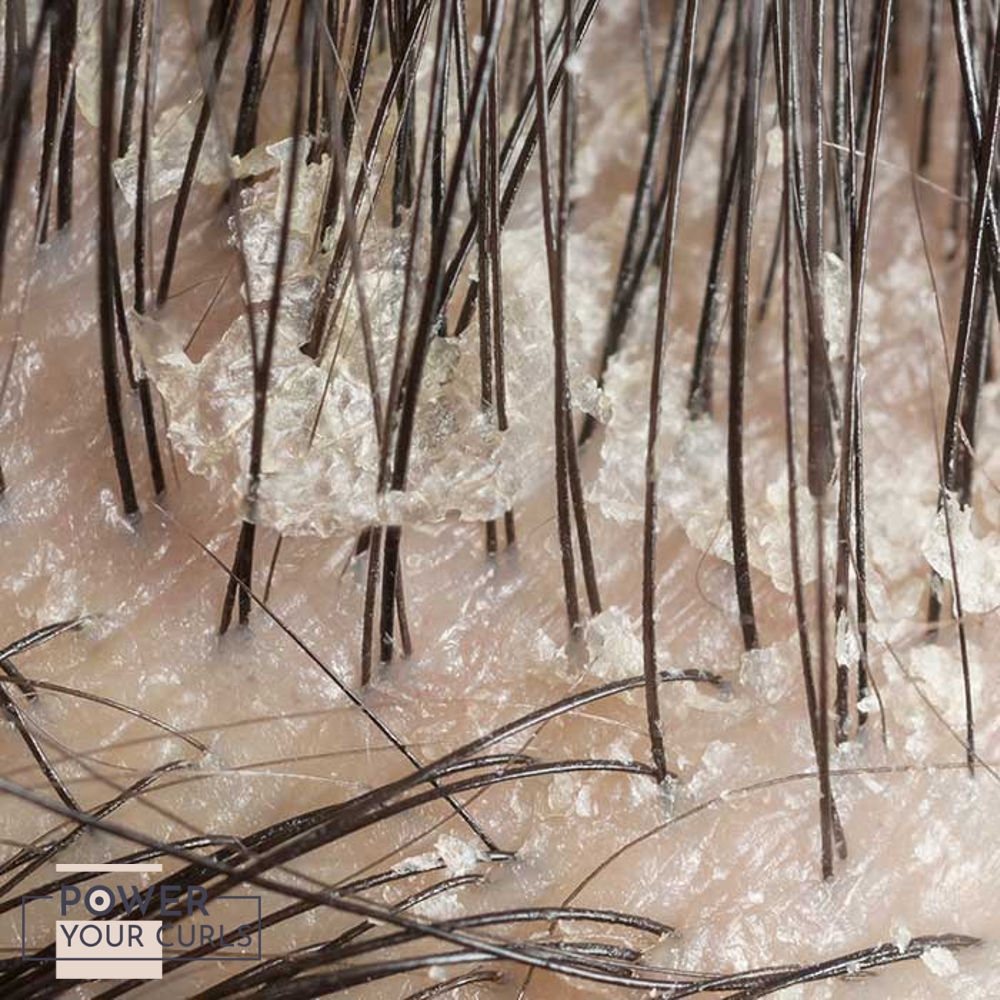
Excessive oil production can cause dandruff in the scalp and hair, which occurs when sebaceous glands generate too much sebum. Itching and discomfort may result from the accumulation of this extra sebum. Compared to dry skin dandruff, oily skin dandruff is more obvious since the flakes are bigger and can appear yellow or oilier.
Fungus related dandruff
Dandruff may result from an immune response triggered by fungi that are present on human skin. As mentioned previously, a common fungus called malassezia is one of the causes of dandruff, which in certain people can result in eczema or other skin conditions similar to dandruff. Skin health may be impacted by this inflammatory reaction.
Other Factors The Contribute To Developing Dandruff
Dandruff related to other skin conditions
Common skin problems, including psoriasis, eczema, and seborrheic dermatitis, can all contribute to dandruff.
Eczema
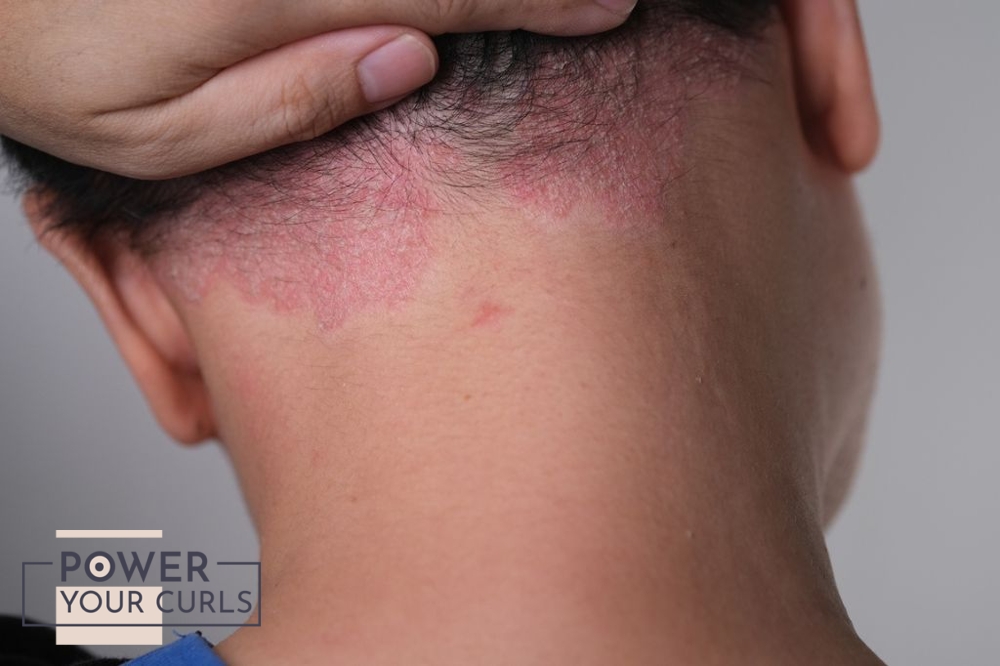
Psoriasis
The inflammatory disease known as scalp psoriasis causes thick, scaly patches on the skin due to excessive skin cell growth. Approximately 50% of psoriasis sufferers also have scalp psoriasis. It appears as either raised, scaly, inflammatory patches coated with a silvery-white buildup of dead skin cells or as thin, powdery flakes with a silver sheen.
Seborrheic dermatitis
Seborrheic dermatitis is a common inflammatory dermatological condition that affects the scalp, face, trunk, and groin—areas that contain oil glands. It results in a dry, flaky, itchy reddish rash and produces yellowish flakes. Seborrheic dermatitis, a severe form of oily skin dandruff that causes red, scaly patches and itching, is more common in those with oily skin.
When Should You See A Doctor?
A doctor can often diagnose dandruff simply by looking at your hair and scalp. Further examination can also determine the type of dandruff you may have and any further treatment that would be necessary.
When symptoms of severe dandruff start appearing
As mentioned above, different types of dandruff have different symptoms. Yet persistent itching, redness, flaking, and irritation may warrant a visit to your medical healthcare professional.
When dandruff does not respond to over-the-counter medication
When all other home remedies and over-the-counter treatments have failed, it may be time to consult a professional. When general over-the-counter remedies fail to address the root reasons of dandruff, such as chronic flaking, itching, and irritation, professional dandruff treatments can provide effective alternatives.
Treatments
Dandruff treatment can range from simple over-the-counter products to more intense treatments. Figuring out which treatment method is best for you heavily depends on the root cause of your dandruff problem.
Anti-dandruff Shampoos
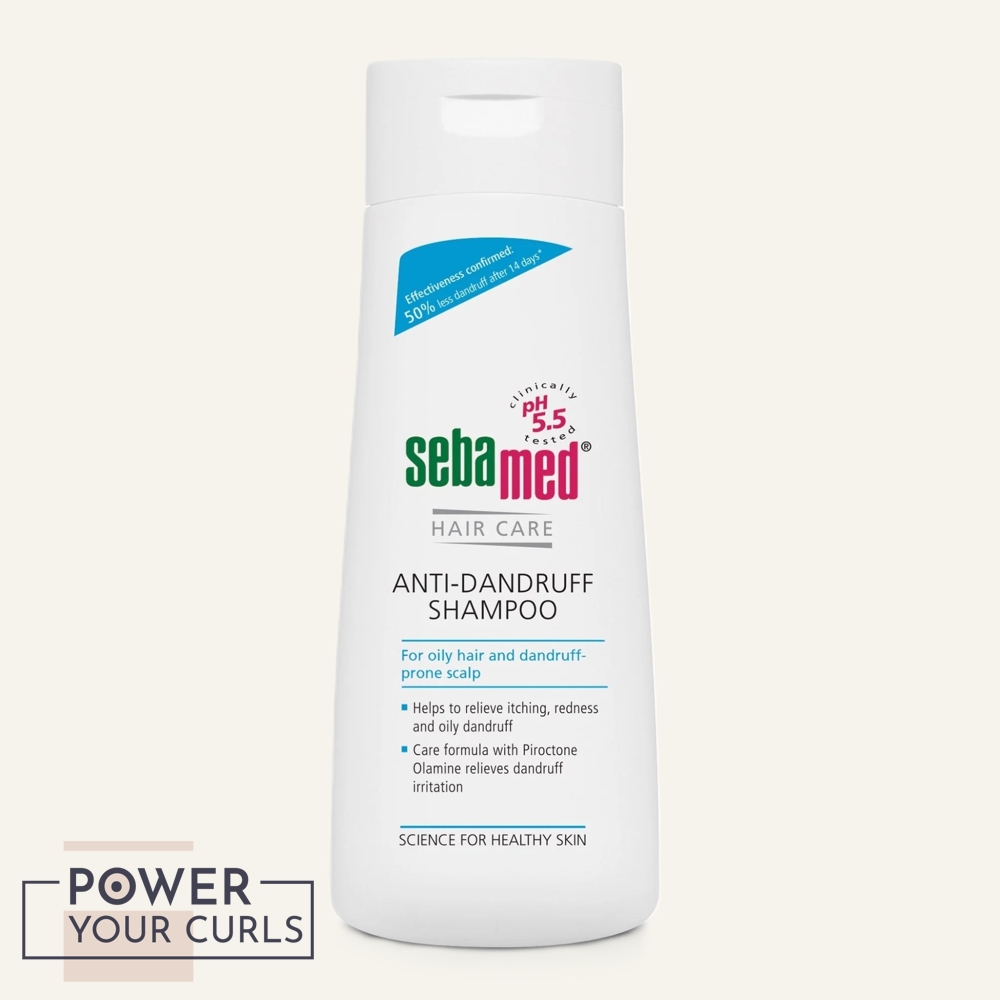
Oftentimes, you can treat dandruff by using an anti-dandruff shampoo. Numerous varieties are available for purchase at pharmacies and supermarkets. Ingredients, including ketoconazole, zinc pyrithione, selenium sulfide, coal tar, and salicylic acid used in anti-dandruff shampoos, destroy the fungus malassezia, which causes dandruff.
Prescription Treatments
In more severe cases, doctors may prescribe stronger medication when non-prescription medication fails to work.
Fluocinolone
Fluocinolone topical is a corticosteroid used to relieve skin conditions like redness, itching, and swelling. It is used in various forms like ointment, cream, solution, shampoo, and oil for treating psoriasis, seborrheic dermatitis, and is available in various strengths for use on the skin or scalp.
Calcineurin inhibitors
Adults and children with atopic eczema can be treated with topical calcineurin inhibitors (TCIs). In order to function with the immune system, calcineurin inhibitors block a particular protein known as calcineurin, which is involved in the activation of immune cells like T-cells. T-cells play a role in inflammation and itching, among other characteristics of atopic eczema. T-cells are affected by calcineurin inhibitors, which reduce the immunological response. This lessens itching and inflammation.
Home Remedies
Over-the-counter (OTC) topical medications and shampoos are available for treating dandruff, but natural remedies can also be used to treat it at home. These treatments can be moisturizing, fight bacteria and fungi, and also help with dandruff.
Tea Tree Oil
Tea tree oil, derived from the Melaleuca alternifolia plant, has antimicrobial and anti-inflammatory properties, potentially aiding in the reduction of skin conditions like dandruff. It also suppresses the growth of pathogens on the scalp, thereby reducing inflammation.
Aloe Vera
For millennia, people have utilized aloe vera gel, which is abundant in vitamins, minerals, and amino acids, for uses other than wound treatment. According to a recent Italian study, aloe vera can safely treat mild to moderate seborrheic dermatitis.
Coconut Oil
One all-purpose alternative skin care product is coconut oil. The main component of this oil is moisture, which makes it suitable for dry skin conditions.
A study conducted in 2021 sought to find how coconut oil enriches the scalp. This study found that applying coconut oil to the scalp reduced the amount of malassezia globosa, in individuals suffering from dandruff.
Prevention
The article began by mentioning that approximately half the population will experience dandruff sometime in their lives. While this statistic makes it sound like dandruff is something you can’t avoid, there are ways to prevent the condition from developing.
Adjust your diet
The body can be dramatically impacted by food. Although it might not be the primary reason, food may aggravate the symptoms of dandruff. A study published in 2023, supports this notion, finding a significant connection between certain types of food and seborrheic dermatitis.

Maintain proper hygiene and grooming
While there is no evidence that poor hygiene causes dandruff, it does aggravate the condition. Poor hygiene may cause excess oils and flakiness in the scalp, making the condition more visible, as well as cause itchiness and irritation.
Remember to relax and de-stress
For some people, stress can exacerbate or, even worse, dandruff. Although stress does not cause dandruff to develop on the scalp, the fungus that causes it might thrive if your immune system becomes compromised, which can occur as a result of extreme or ongoing stress.
Our Thoughts
Anti-dandruff shampoos and other over-the-counter products frequently treat the common problem of dandruff, relieving itching and flaking. But getting rid of dandruff for good may prove difficult because of things like your health and lifestyle. If over-the-counter treatments fail, consult a medical professional for further diagnosis and treatment.
